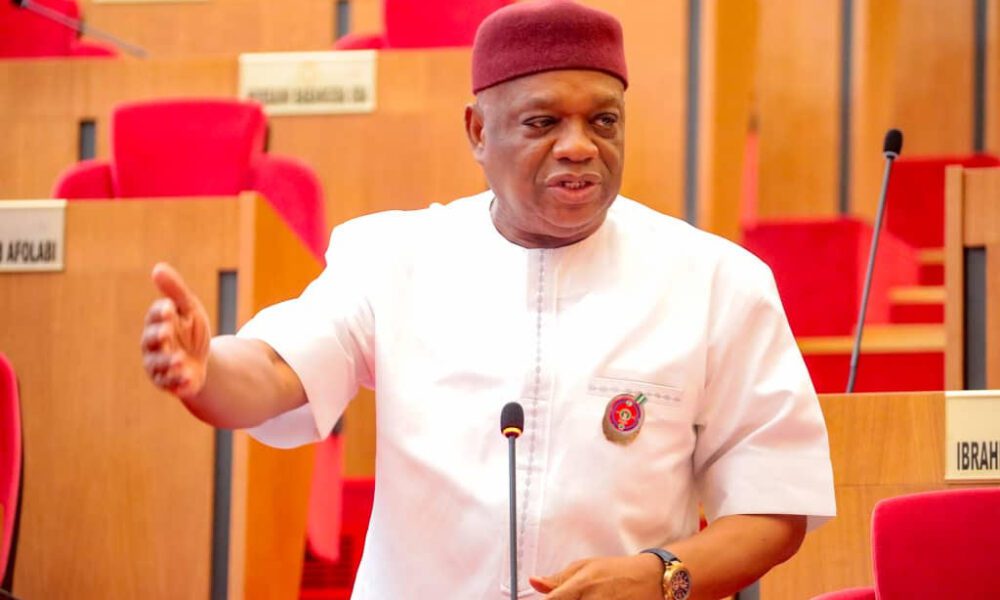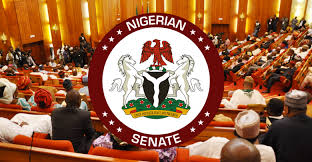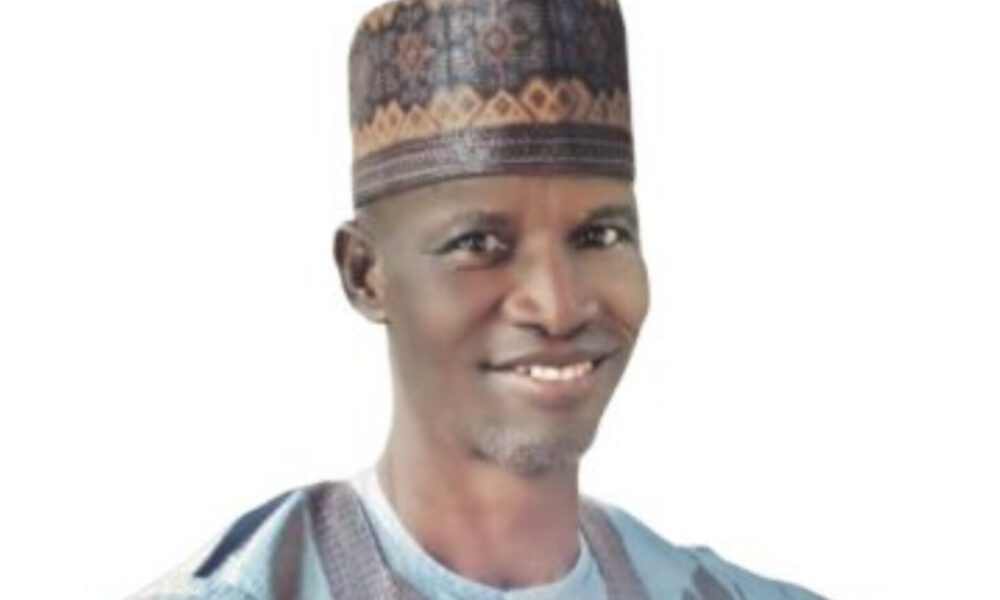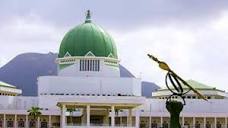Senator representing Abia-North Senatorial District, Orji Uzor Kalu, has championed regional economic competition among Nigeria’s 36 states as a critical catalyst for sustainable growth.
He expressed confidence that President Bola Ahmed Tinubu’s ongoing reforms will stabilize the economy and lay a solid foundation for long-term prosperity.
During a New Year’s visit to Chief Daniel Eke, a former Abia State governorship aspirant, Kalu underscored the urgent need to modernize Nigeria’s economic and legal frameworks, citing outdated policies that hinder growth and innovation.
Commending Tinubu’s Tax Reform Bills as bold and progressive, Kalu highlighted the importance of public engagement to build understanding and ensure smoother implementation.
“Economic progress requires adaptation to modern strategies,” Kalu stated. “Tinubu’s reforms address systemic issues, but Nigerians must understand their purpose to fully embrace them.”
Drawing inspiration from China’s model of regional competition, Kalu proposed an economic structure that empowers states to leverage their unique resources. He argued that such an approach would stimulate innovation, attract investments, and reduce dependence on federal allocations.
“Nigeria’s states must stop waiting for handouts from Abuja,” Kalu emphasized. “Instead, they should develop industries, harness natural resources, and compete for economic leadership—just as China’s provinces have done for decades.”
Kalu further stressed that no state in Nigeria lacks the resources to thrive but pointed to a shortage of strategic planning and competitive drive as major obstacles.
“No state is inherently poor,” he noted. “We must cultivate innovation, industrialization, and self-sufficiency to unlock Nigeria’s full potential.”
Acknowledging the economic hardships caused by reforms, Kalu appealed for patience, assuring Nigerians that tangible improvements will emerge in 2025.
“Economic restructuring is never painless,” he admitted. “But the administration is aware of the challenges and is committed to easing the transition.”
Chief Daniel Eke echoed Kalu’s sentiments, commending his focus on sustainable empowerment and infrastructure, as opposed to superficial interventions.
“Senator Kalu is investing in industries and job creation rather than distributing frying pans as empowerment tools,” Eke remarked. “This is the leadership Nigeria needs.”
Kalu reaffirmed his commitment to prioritizing grassroots empowerment and infrastructure development. He emphasized that his transition from private business to public service was driven by a desire to uplift Nigerians.
“I left my multimillion-dollar businesses to serve as Senator,” Kalu declared. “My focus remains on policies and programs that foster economic growth and improve lives.”
Kalu concluded with a call for reforming outdated laws, building more educational institutions, and enabling each region to harness its full potential.
“Economic reforms, regional competition, and resilience will transform Nigeria,” he said. “We must approach this journey with determination and patience to build a more competitive and prosperous nation.”
Kalu Calls for State-Level Economic Rivalry to Drive Growth Amid Tinubu’s Reform Agenda




